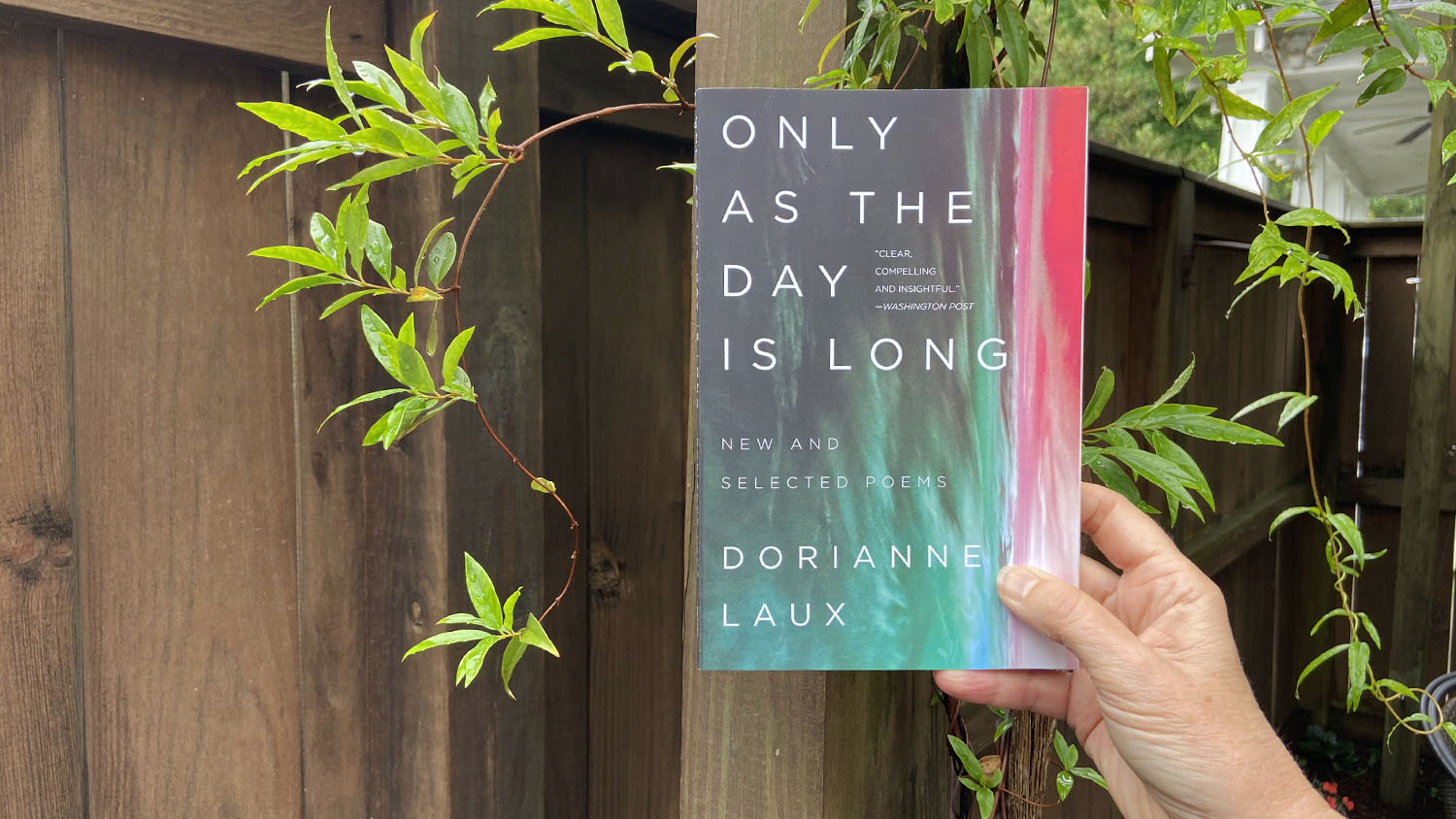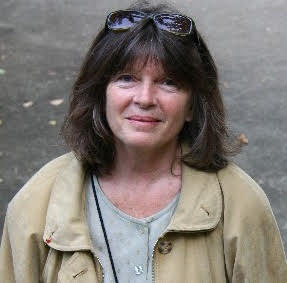Wolfpack Writers: Dorianne Laux

Dorianne Laux is a professor of English at NC State. Her sixth poetry collection, Only As the Day Is Long: New and Selected Poems, was named a finalist for the 2020 Pulitzer Prize for Poetry. Laux, who has received fellowships from the Guggenheim Foundation and the National Endowment for the Arts, was recently elected as a Chancellor of the Academy of American Poets. We caught up with Laux to learn more about her writing rituals and poetry inspiration.
What kind of poems are featured in Only as the Day Is Long?
It’s a compilation of my last five books, including a section of 20 new poems about the loss of my mother.
What does it mean to you to be named a Pulitzer Prize finalist?
It means that the work of my lifetime has been recognized and valued by my peers. It gives me the encouragement and confidence to continue moving forward.
Where do you find inspiration for your poems?
For the new poems, my mother, who has always been a muse for me. When she died, I was able to see the fullness of her life, and understand aspects of her and myself that I hadn’t fully comprehended when she was alive.
What are your writing rituals?
I move through my day with the eyes of a poet, so all the senses are in play, reminding me moment by moment to take the world in as fully as I can and take notes, like a researcher, then compile those fragments into a poem. Sometimes it takes days, weeks, months or even years to compile enough to make something coherent from these gatherings, but at some point each day, I try to sit down and write.

What got you interested in poetry?
I loved reading, music, art, language and the imagination — reading what others before me had written, how they used language as a kind of music and image making tool, and how the vision of each writer was unique and could create another world inside this one. I read novels, short fiction, nonfiction, listened deeply to music, looked at all kinds of art, any form of human expression, then tried to learn from each and use it to make my own poetry. The first poets I read with fierce attention were Pablo Neruda, Sharon Olds and Carolyn Forche. Neruda taught me to see with a wide lens, to have a global consciousness, Olds taught me to speak honestly and freely, Forche taught me to see, how to make an image, and to make music of language.
Do you have a favorite poem?
One of my early favorite poems is “The Onion,” by Miguel Hernandez.
You juggle a lot. How does a professor make time to write?
A poet works all day collecting smells, sounds, flavors, textures and images. I usually make time each day to write, but rarely at a desk. It’s usually in the morning, on the back porch with coffee before the work day begins, or waiting for the bus or after lunch or between classes. The weekends are good, or spring break. Some professors are lucky to have summers off, so that’s when a lot of writing can be done.
You’re organizing a literary dinner party. Which three writers, dead or alive, do you invite?
Shakespeare, Emily Dickinson and Walt Whitman.
- Categories:


